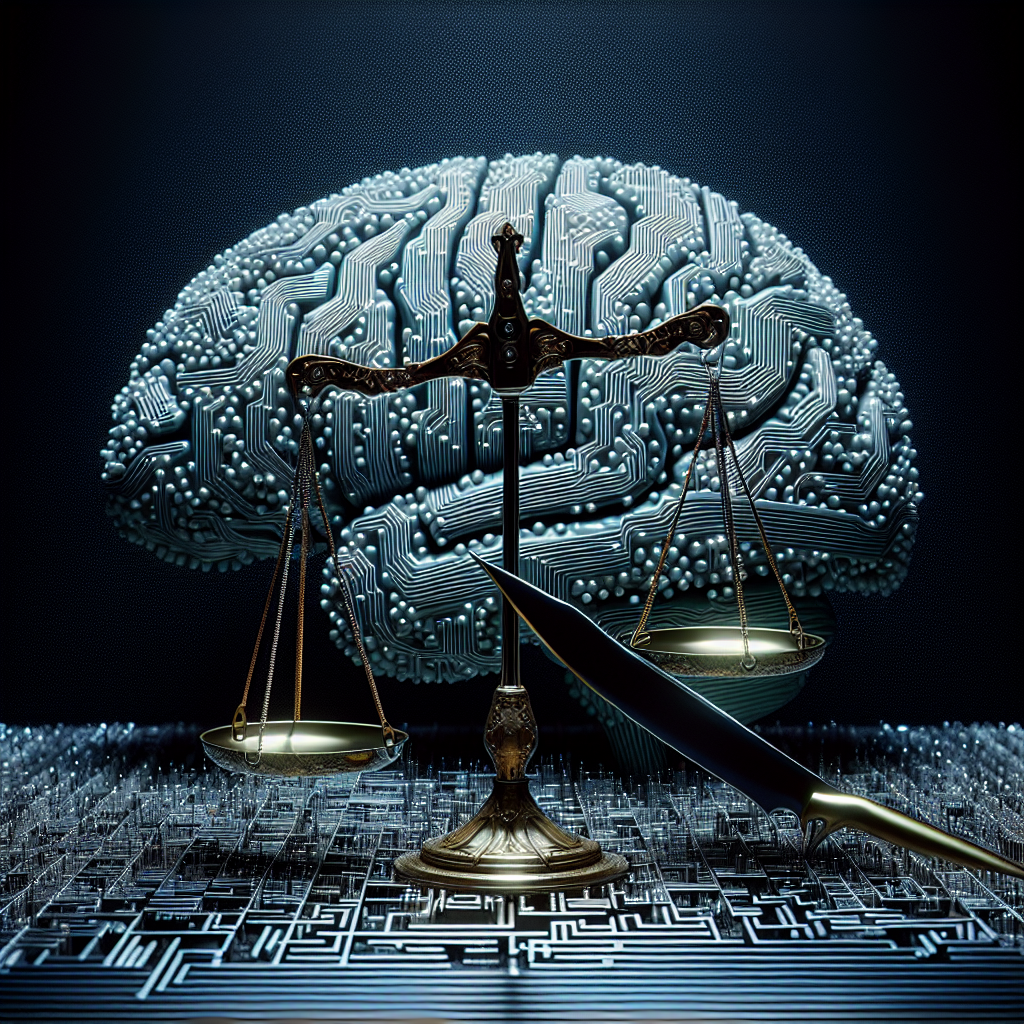Artificial General Intelligence (AGI) refers to the hypothetical ability of a machine to perform any intellectual task that a human can do. While current AI systems are designed for specific tasks, such as image recognition or natural language processing, AGI would have the capacity to understand and learn any intellectual task that a human can perform. The development of AGI has the potential to revolutionize industries, improve efficiency, and enhance human capabilities. However, there are also ethical implications associated with creating intelligent machines that have the ability to think and act autonomously.
Ethical Implications of AGI:
1. Job Displacement: One of the primary concerns surrounding the development of AGI is the potential for widespread job displacement. As machines become more intelligent and capable of performing a wide range of tasks, there is a risk that many human jobs will become obsolete. This could lead to economic instability and social unrest as large segments of the population are displaced from the workforce.
2. Autonomous Decision-Making: AGI systems have the potential to make autonomous decisions that could have far-reaching consequences. This raises questions about who is responsible for the decisions made by intelligent machines and how accountability should be assigned in the event of negative outcomes.
3. Bias and Discrimination: AI systems are only as unbiased as the data they are trained on. If AGI systems are trained on biased data, they may perpetuate and even exacerbate existing biases and discrimination in society. Ensuring that AGI systems are fair and unbiased will be a significant challenge for developers and policymakers.
4. Privacy and Security: AGI systems have the potential to collect and analyze vast amounts of personal data, raising concerns about privacy and security. There is a risk that intelligent machines could be used to manipulate individuals or organizations for malicious purposes, such as surveillance or identity theft.
5. Existential Risk: Some experts warn that the development of AGI poses an existential risk to humanity. If intelligent machines were to surpass human intelligence and act in ways that are harmful to humans, the consequences could be catastrophic. Safeguards must be put in place to prevent AGI systems from posing a threat to humanity.
FAQs about AGI:
Q: What is the difference between AGI and narrow AI?
A: Narrow AI refers to AI systems that are designed for specific tasks, such as speech recognition or autonomous driving. AGI, on the other hand, has the ability to perform any intellectual task that a human can do.
Q: What is the current state of AGI research?
A: While significant progress has been made in the field of AI, AGI remains a theoretical concept. Researchers are working to develop AI systems that can learn and adapt to new tasks, but achieving true AGI remains a distant goal.
Q: How can we ensure that AGI systems are ethical?
A: Ensuring the ethical development and deployment of AGI systems will require collaboration between researchers, policymakers, and industry stakeholders. Transparency, accountability, and a commitment to fairness and equity will be essential to addressing the ethical implications of AGI.
Q: What role do ethics play in AI development?
A: Ethics are crucial to the development of AI systems, as they guide the decisions made by researchers and developers. Ethical considerations must be integrated into every stage of the AI development process to ensure that intelligent machines are designed and used responsibly.
Q: What are some potential benefits of AGI?
A: AGI has the potential to revolutionize industries, improve efficiency, and enhance human capabilities. Intelligent machines could help us solve complex problems, make better decisions, and accelerate scientific and technological progress.
In conclusion, the development of AGI has the potential to bring about significant benefits to society, but it also raises important ethical considerations. Ensuring that intelligent machines are designed and used responsibly will be essential to harnessing the full potential of AGI while minimizing the risks associated with its development. By addressing the ethical implications of AGI proactively, we can work towards a future where intelligent machines enhance human capabilities and contribute to a more equitable and sustainable society.

